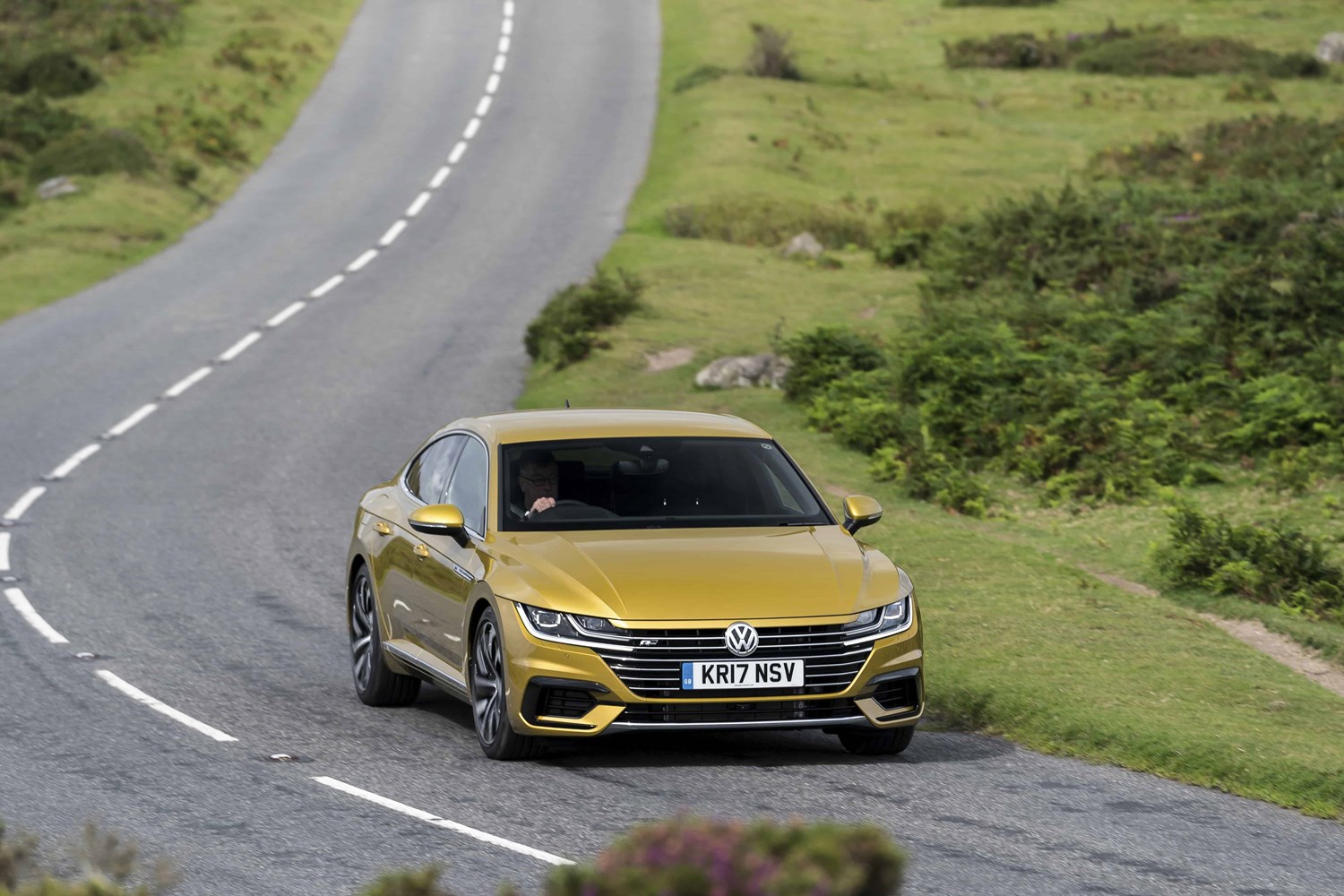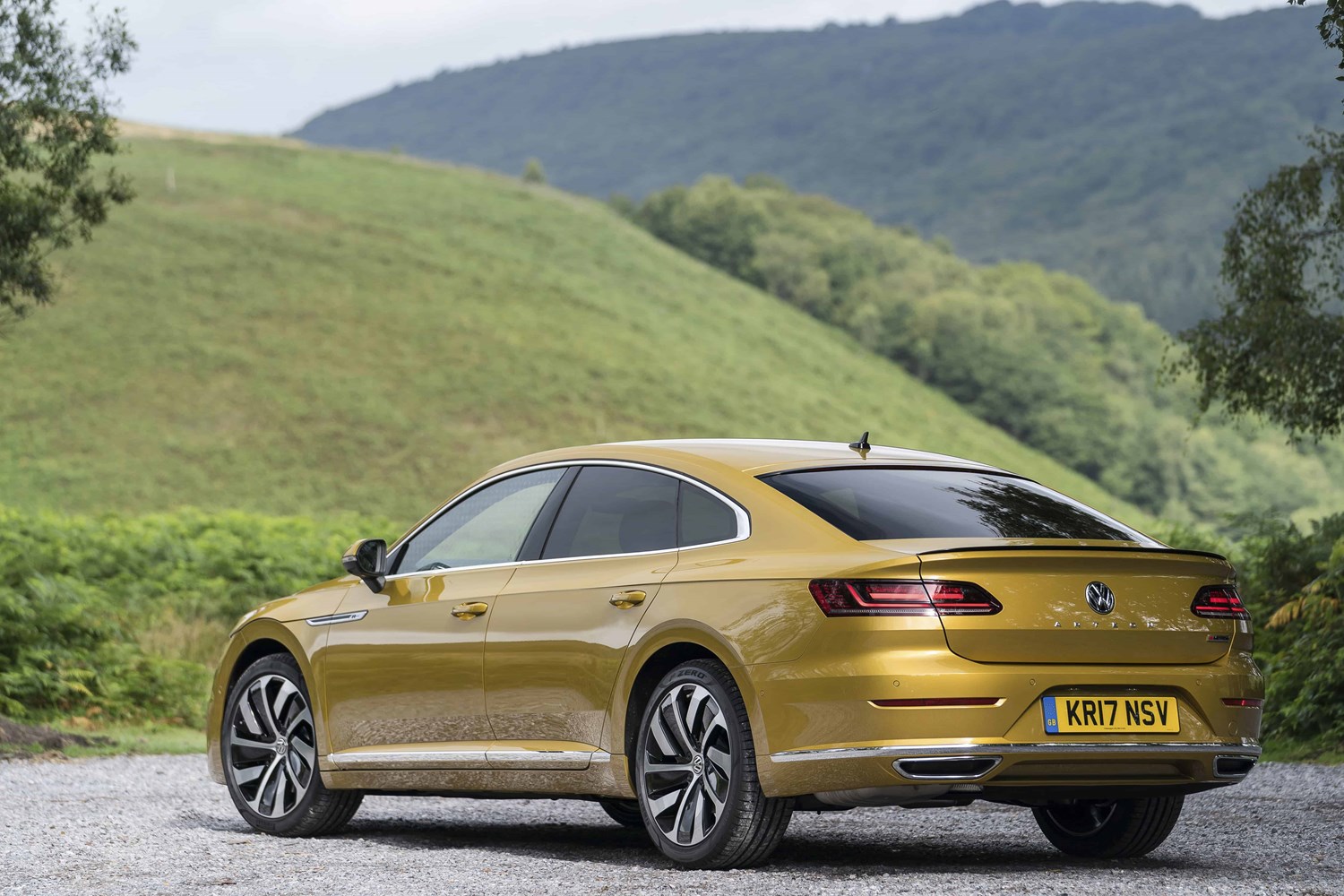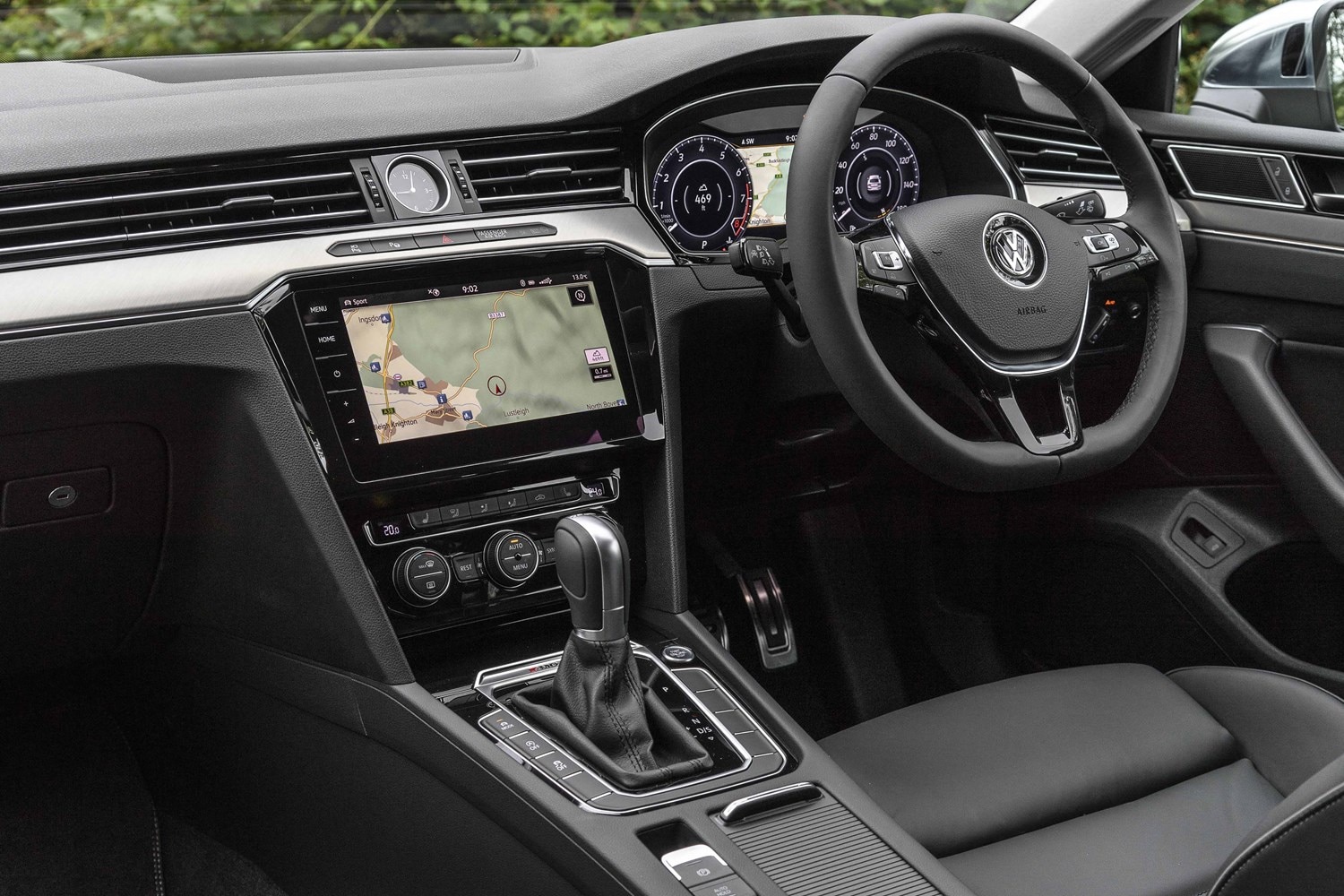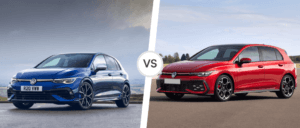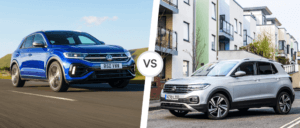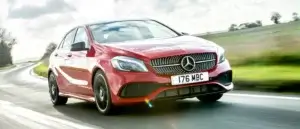Current model
Three years might have passed since the Arteon originally debuted, but the model remains just as stylish as when it was first unveiled. While no facelifts have yet arrived, Volkswagen has continued evolving its line-up.
Changes include the introduction of a powerful 2.0-litre petrol engine, along with new trim levels – the latest being the R-Line Edition, which is limited to 370 units, and sits at the top of the line-up.
Looking ahead, Volkswagen is poised to unveil a Shooting Brake version of the Arteon, which could feature at the same time as a facelift later in 2020. While Volkswagen has been tight-lipped about this more practical version, the model has already been spied testing undisguised, meaning its unveiling should be imminent…
Value for money
The Arteon line-up starts from £33,205, which makes it around £3,000 more expensive than an equivalent Volkswagen Passat. While that’s quite a step up in price, the glamorous looks are worth paying for next to the somewhat bland-looking Passat. That said, it makes it cheaper than other premium fastback-style models – including the Audi A5 Sportback and BMW 4 Series Gran Coupe, though the latter is closer in price than you might think.
However, the best offers are available by looking on the used market, where models can be bought for as little as £17,000. R-Line versions remain the most popular and desirable options, though these aren’t considerably more expensive. We saw a 2017 Arteon for sale with 34,000 miles on the clock for £18,600, which seems like a great deal with us. More impressively, you can buy a six-month-old example for as little as £27,000 – a huge £6,000 off the list price.
Looks and image
It will be the styling that attracts most people to the Arteon, and it’s the key reason as to why you would choose one over the similarly-sized Passat. While looks are always subjective, we reckon it’s a stunning-looking model, with its intricate front end that sees its LED lights and indicators running into the large horizontal front grille.
It’s an angular and aggressively styled model that really stands out on the road. However, in this executive car class, badge is everything, and while the Volkswagen marque is usually seen as a more upmarket offering, next to the likes of Audi, BMW and Mercedes, the Arteon might struggle to appeal to buyers.
